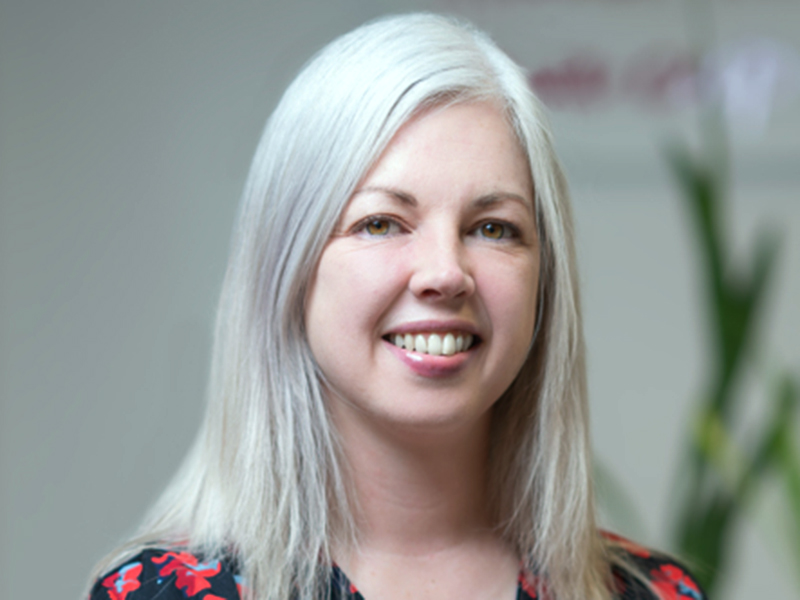Jane-Claire Judson on Chest, Heart & Stroke Scotland's new strategy
One in five people in Scotland live with a chest, heart or stroke condition, with stroke one of the biggest causes of adult disability in Scotland.
At Chest, Heart & Stroke Scotland (CHSS) we believe there should be no life half lived, but fewer than half of people who need it currently get access to the rehab that’s essential to them living life to the full.
That is simply not good enough.
This week, we published the results of our latest One in Five survey, which highlights the issues facing those living with our conditions.
More than 1850 people took part in the survey and told us they struggle to access essential services, a situation that is impacting their mental health.
Our survey - the biggest ever carried out of those living with our conditions - also revealed how much people want to manage their condition themselves but how they miss out on the most basic first steps towards recovery. The numbers not receiving formal rehabilitation is in the hundreds of thousands.
Again, that is simply not good enough.
In August, CHSS – as part of the Right to Rehab Coalition – launched a campaign to ensure the right to rehabilitation is included in the Scottish Government’s forthcoming Human Rights Bill. Our campaign petition has already gained support from people across the country who want to see the change that we do.
With access to rehabilitation, people living with our conditions can start on the journey of supported self management. The goal is to optimise and preserve physical health, reduce symptoms, increase emotional and social wellbeing and establish effective alliances with healthcare professionals, family, friends, and community. Essentially, supported self management is about making life better for those living with long-term conditions.
If the NHS holds up its end of the bargain and provides the rehabilitation people need, then we can provide a package of support to help people self-manage their condition, greatly reducing their need for further NHS services.
At CHSS, we’ve already seen this impact of supported self management first hand. Last year, we expanded our service, launching an online self management tool aimed at supporting the thousands of people across Scotland whose lives had been devastated by long Covid.
Created in partnership with NHS Lothian, the MyTailoredTalks service was rolled out through GPs and via our own advice line to support people with long Covid, many of whom felt abandoned, alone and helpless. The positive feedback was overwhelming – people felt listened to and informed, and felt they had regained some control over their lives.
The impact on GPs was also positive – they had a resource to which they could direct people living with long Covid at a time of high demand for GP services.
We also have a long-term partnership with NHS Grampian, providing care for stroke survivors and their families over the past two decades. In addition, we work closely with NHS Grampian to provide respiratory care to people living with chest conditions in the region, with respiratory teams directly referring patients to our advice line.
In line with this, we have invested £150,000 in the creation of a community respiratory team which provides wraparound care at all stages of lung disease. This kind of partnership, where we all bring our best to the table to create change, is critical to our past and future success.
At a time when the NHS is still struggling to get back on its feet following the pandemic, the third sector is in the ideal position to step up and support our health service by providing access to supported self management and community recovery.
We have a vision of a Scotland where people with our conditions can live their lives well. Full lives, with the right support, at the right time and in the right place. Where no life is half lived. Let us work with NHS Scotland to make sure everyone gets the same opportunity.
Jane-Claire Judson is the chief executive of Chest Heart & Stroke Scotland.
She will be speaking at the Gathering on Tuesday 7 November, 9.30am as part of Partnership prizes and pitfalls: lessons learnt from effective cross-sector partnerships.







